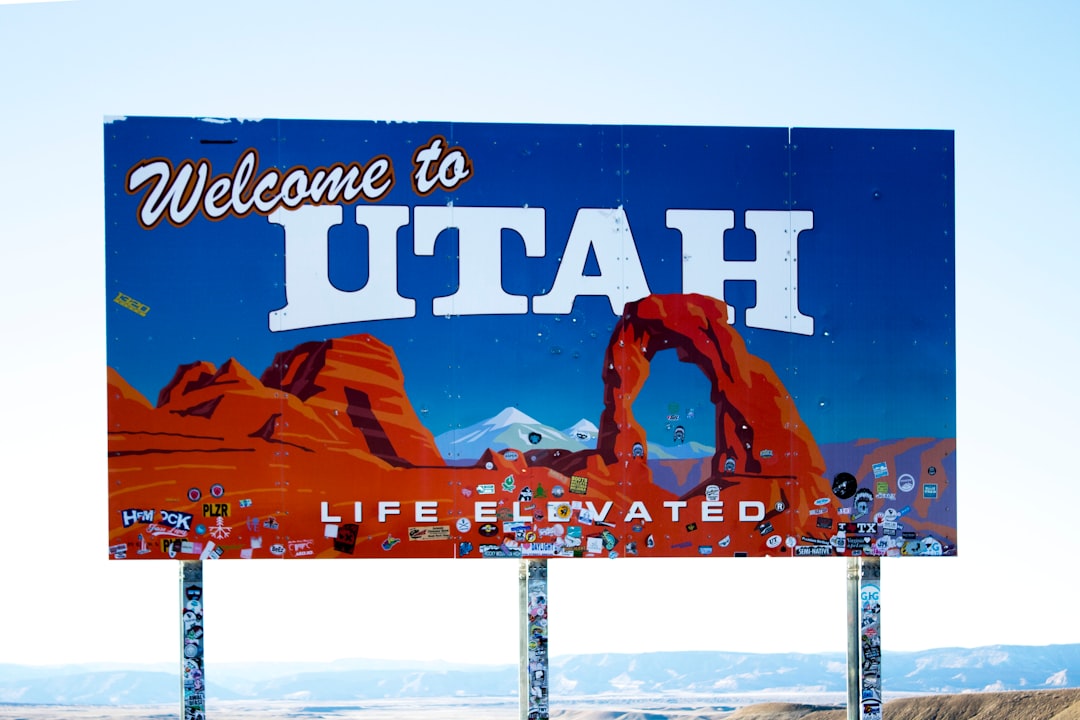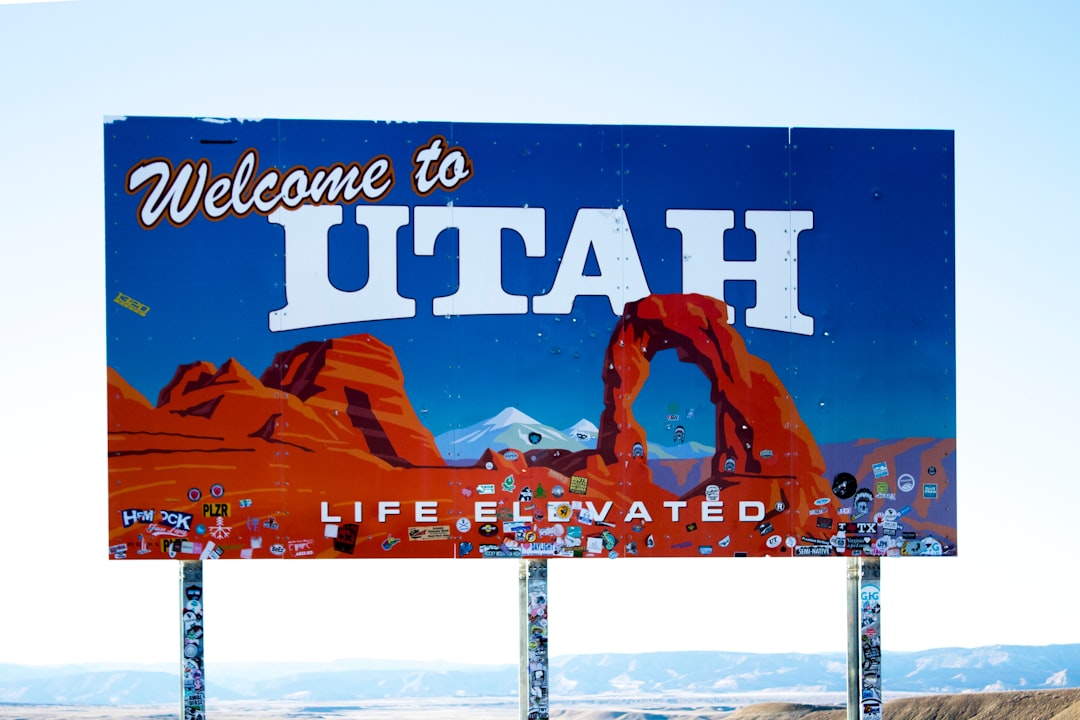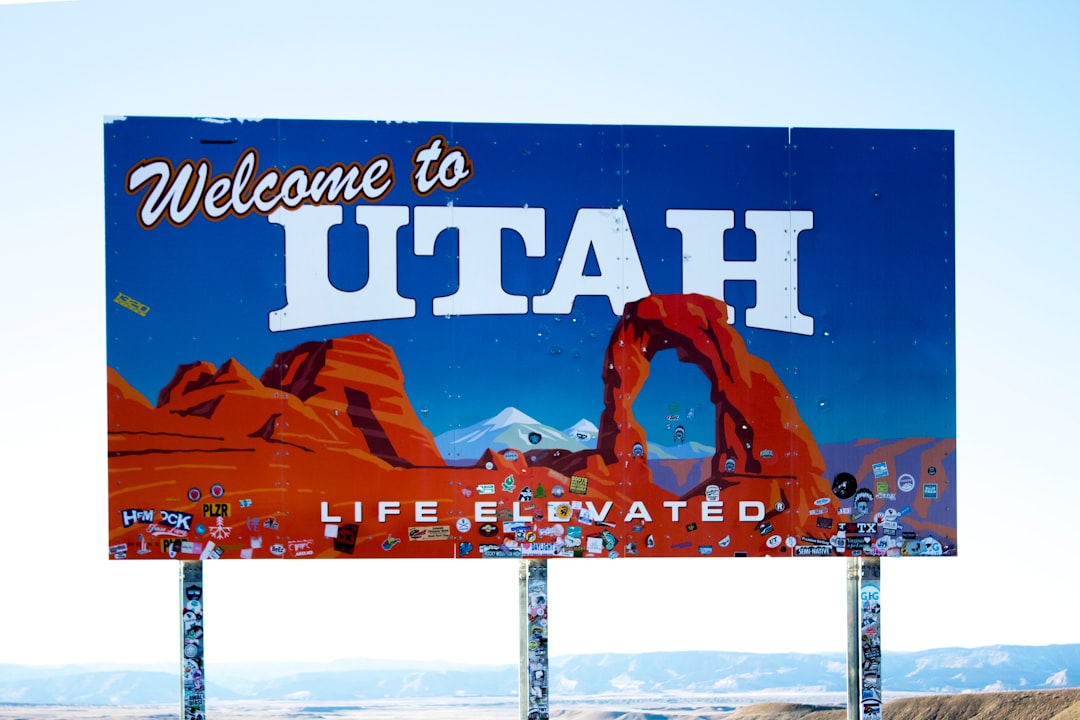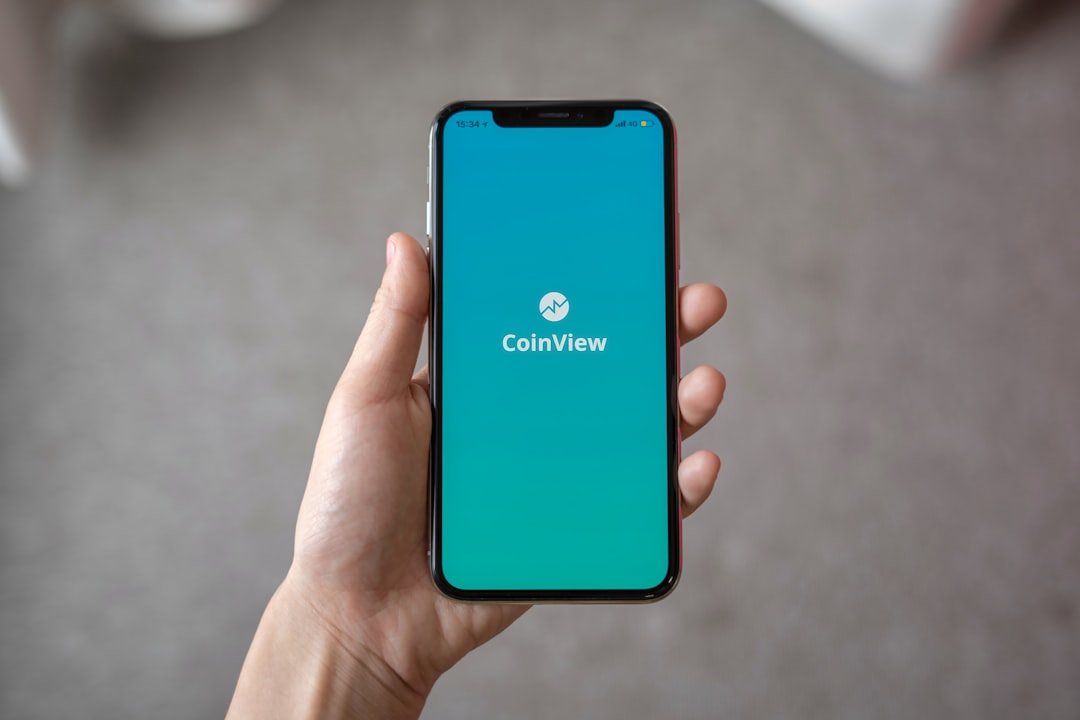Utah's Do Not Call laws protect residents from intrusive telemarketing, reducing unwanted robocalls through registration with a state portal or legal professionals (Do Not Call Lawyers Utah). The Telephone Robocall Abuse Criminal Enforcement and Deterrence Act (TRACEDA) strengthens these laws with stricter penalties, empowering residents to take control of their phone lines. Individuals in Leeds, Utah, can register their numbers, consult Do Not Call Lawyers Utah for guidance, and seek legal recourse against persistent or malicious robocallers, ensuring peace of mind in today's digital landscape.
In Utah, residents can take a stand against relentless robocalls through powerful state laws. This article explores the intricate relationship between Utah’s “Do Not Call” regulations and the federal Telephone Robocall Abuse Criminal Enforcement Act. We guide Leeds residents on their rights and responsibilities, offering insights into how these laws work together to combat unwanted calls. Discover legal resources available for Utah citizens seeking relief from robocall abuse, and learn from experts about navigating Do Not Call lawyers Utah to protect your privacy.
Understanding Utah's Do Not Call Laws: A Resident's Guide

Utah’s Do Not Call laws are designed to protect residents from unwanted phone calls, offering a much-needed respite from persistent robocalls and telemarketing. As a Utah resident, understanding these laws is crucial, especially in today’s digital era where communication methods continue to evolve. These regulations provide a framework for consumers to assert their privacy rights and silence intrusive calls.
The key to navigating these laws lies in recognizing the legal protections available. Utah’s Do Not Call list is a registered database of phone numbers that have opted-out of receiving telemarketing calls. If you reside in Leeds or any other part of Utah, you can register your number by contacting a Do Not Call lawyer or using the official state portal. Once registered, it becomes illegal for businesses to call you without prior express consent, significantly reducing the volume of unwanted robocalls.
The Telephone Robocall Abuse Criminal Enforcement Act: Key Provisions

The Telephone Robocall Abuse Criminal Enforcement and Deterrence Act (TRACEDA) is a comprehensive piece of legislation designed to combat the growing issue of robocalls in the United States, including Utah. This act introduces strict penalties for individuals and entities involved in illegal telemarketing practices. Key provisions include enhanced tracking and identification of robocallers, allowing Do Not Call lawyers Utah to pursue legal action more effectively. TRACEDA also mandates harsher fines and imprisonment for violators, aiming to deter future abuse.
Under this act, unauthorized automated calls are prohibited, except under specific circumstances with prior consent from the recipient. The law grants consumers greater control over their phone lines, especially in Utah, where Do Not Call regulations are strictly enforced. TRACEDA further empowers residents by providing a legal framework for reporting and resolving cases of robocall harassment, ensuring that Do Not Call lawyers Utah can navigate these laws to protect consumer rights effectively.
How Do Utah's Do Not Call Laws Fit into the Federal Framework?

Utah’s “Do Not Call” laws are designed to protect residents from unwanted phone calls, offering a state-level layer of defense against robocalls and telemarketing practices that can be intrusive or fraudulent. These laws fit into a broader federal framework established by the Telephone Robocall Abuse Criminal Enforcement and Deterrence Act (TRACED Act). The TRACED Act strengthens regulations around automated calls, aiming to combat the surge in scam and fraud robocalls affecting Americans daily.
By reinforcing the Do Not Call Registry at both state and federal levels, Utah residents have additional recourse against persistent or malicious robocallers. Engaging Do Not Call Lawyers Utah can help individuals navigate these complex legal protections, ensuring they are aware of their rights and the best course of action when dealing with unwanted calls that may violate existing laws.
Rights and Responsibilities of Leeds Residents Under These Laws

Residents of Leeds, Utah, have specific rights and responsibilities under the state’s “Do Not Call” laws, which are designed to protect citizens from unwanted telemarketing calls. These laws empower residents to take control of their phone lines by registering their numbers on the Do Not Call list. Once registered, individuals can rest assured that they won’t receive sales or marketing calls from businesses and organizations.
In addition to these consumer protections, Leeds residents should be aware of their legal options if they encounter persistent robocall abuse. Utah’s laws not only provide a means of registering complaints but also establish criminal penalties for violators. If you’re plagued by unwanted phone calls, consulting with a local Do Not Call Lawyers Utah can help you understand your rights and explore available remedies to stop the harassment.
Preventing and Addressing Robocalls: Legal Recourses for Utah Citizens

Utah’s Do Not Call laws are designed to protect residents from unwanted telemarketing calls, but what happens when these laws are violated? The Telephone Robocall Abuse Criminal Enforcement and Deterrence Act (TRACED Act) enhances these protections by imposing stricter penalties on violators. Residents of Leeds should be aware that if they receive robocalls despite being registered on the Do Not Call list, they have legal recourse.
Do Not Call lawyers in Utah specialize in addressing such issues. They can help citizens file complaints with the Federal Trade Commission (FTC) and take legal action against telemarketers who ignore state and federal regulations. These professionals guide clients through the process of seeking damages, blocking future calls, and ensuring compliance with the TRACED Act. By engaging Do Not Call lawyers, Utah residents can reclaim their peace of mind and protect themselves from persistent and illegal robocalls.






